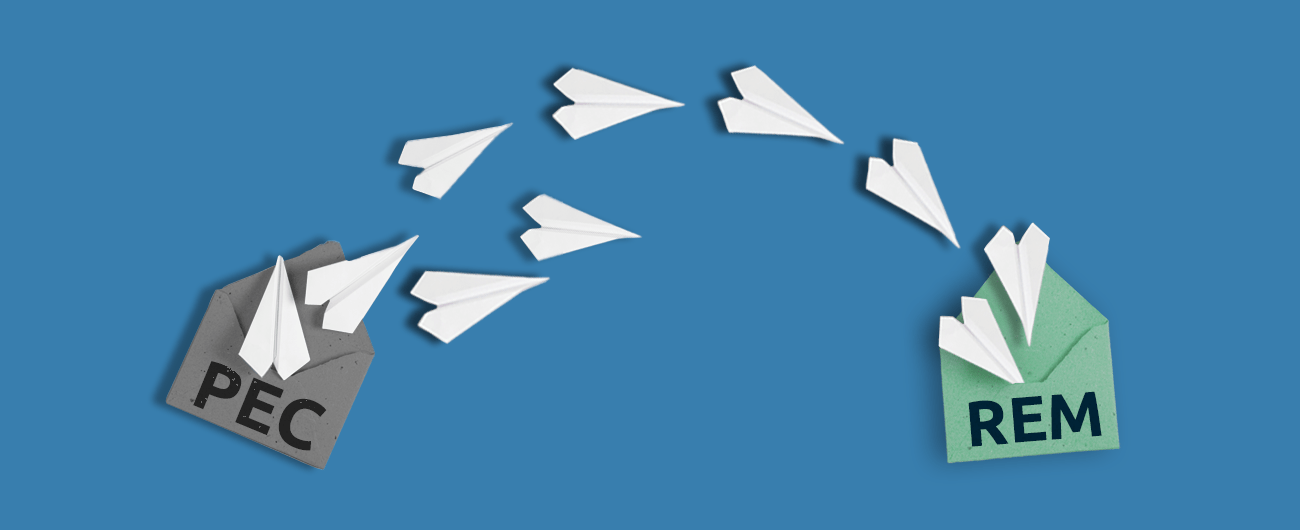Regulations
12.01.2022
|
Reading time3 min
Invoicing, EDI, and B2B Onboarding: An international perspective

A completely paperless order cycle, inside and outside the EU
From a regulatory-compliance perspective, the international landscape on e-billing remains anything but uniform.
Strategic partnerships are now de rigueur for anyone seeking greater international interoperability.
![]()
In this article:
Almost two years have passed since 1 January 2019, yet Italy remains the only EU country to have introduced mandatory, standardised e-billing, both for transactions with the Public Administration, as well as on a B2B level. Italy has become, at least in this arena, a model for the world.
The e-billing mandate from 2019, and the 2020 start of the pandemic, have also had a positive ripple effect on the digitalisation of other documents in the order cycle (order, transport documents, ….), and on the use of EDI, which between 2019 and 2020 alone grew by 5% in Italy.
Where do other European countries stand? Is international interoperability for the exchange of electronic information feasible?

E-billing – the situation in Europe
Despite progress in the interoperability of e-billing across Europe on a B2G level, thanks to the notice equivalence between a PA invoice and a European invoice, and the uptick in PEPPOL access points, a recent survey by the B2B Digital Observatory at the Milan Polytechnic** revealed a rather fragmentary situation in terms of the use of B2B standard-format e-billing.
Only a handful of European countries have moved in the direction of mandatory B2B e-billing: France, Finland, Belgium, Germany, Poland, Slovakia, and Slovenia.
With the exception of Slovakia, all of these countries require B2G e-billing (at least in part). Therefore, they are more than likely moving towards total standardisation of the order cycle, which starts with e-billing.
Some European countries are moving towards mandatory e-invoicing in B2B: France, Finland, Belgium, Germany, Poland, Slovakia and Slovenia.
International exchange of structured documents
Although European regulatory or statutory standards are still on the horizon, EDI as a standard has long been in wide use globally, and is commonly used for the exchange of documents in the order cycle. Before instituting any EDI interchange project, one must onboard the B2B client. This is a crucial phase because even the most widespread standard can lose efficacy if the interested parties are not properly connected, or if they have not enabled the proper technical links.Intesa and Pagero: A partnership for international interoperability
All of this begs the question: how can we ensure proper system interoperability, and a sufficient interface for exchanging documents for international business? The answer: by forming strategic partnerships with international suppliers, forging the greatest global presence possible. These partnerships allow for the peace of mind that comes with having proper interchanges that keep pace with the ever-changing regulatory landscape in each country.
This was the reasoning behind the partnership between Intesa and Pagero, the topic for the upcoming free seminar to be held on 25/11. During the webinar, the issue of international e-billing will be discussed, as well as the internationalisation of digital-document exchange, and how the partnership between Intesa and Pagero can support interoperability with foreign trade partners.
* Milan Polytechnic, B2B Digital Observatory, Digital B2B: Key trends during the year of the pandemic
** Milan Polytechnic, B2B Digital Observatory, International e-billing, and responses to the survey of European countries
Browse categories
You might be interested in

Regulations
03.02.2025
Qualified e-Archiving: a guide to the new Qualified Digital Archiving
Discover what Qualified e-Archiving is, its implications, and how to implement it according to the eIDAS 2.0 regulation for secure and compliant digital archiving.

Regulations
03.02.2025
REM Certified Email: the new european standard for secure communications
Certified Electronic Mail (PEC) will be replaced by Registered Electronic Mail (REM), a new European standard for secure communications, which will ensure greater interoperability and…

Regulations
03.02.2025
EPREL and the Electronic Seal: how to obtain and apply it
Manufacturers and distributors of electronic equipment will be required to apply the qualified electronic seal on the EPREL portal. Let’s explore what the Qe-Seal is…









